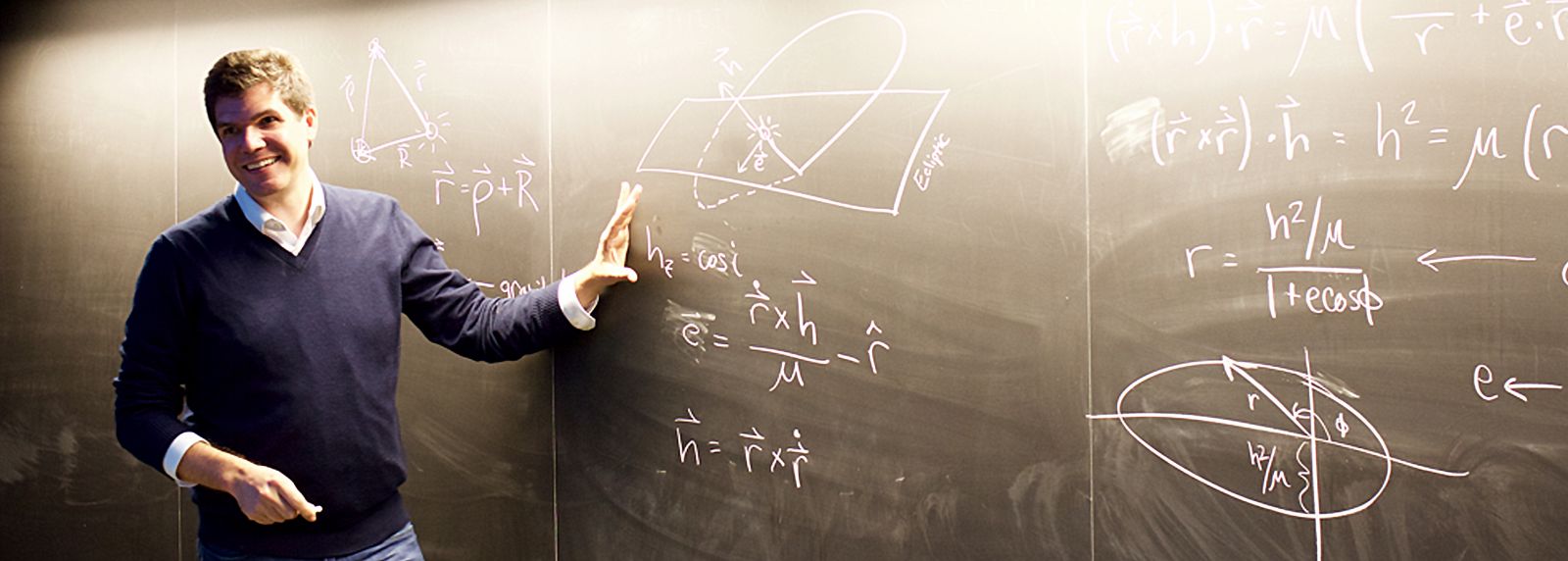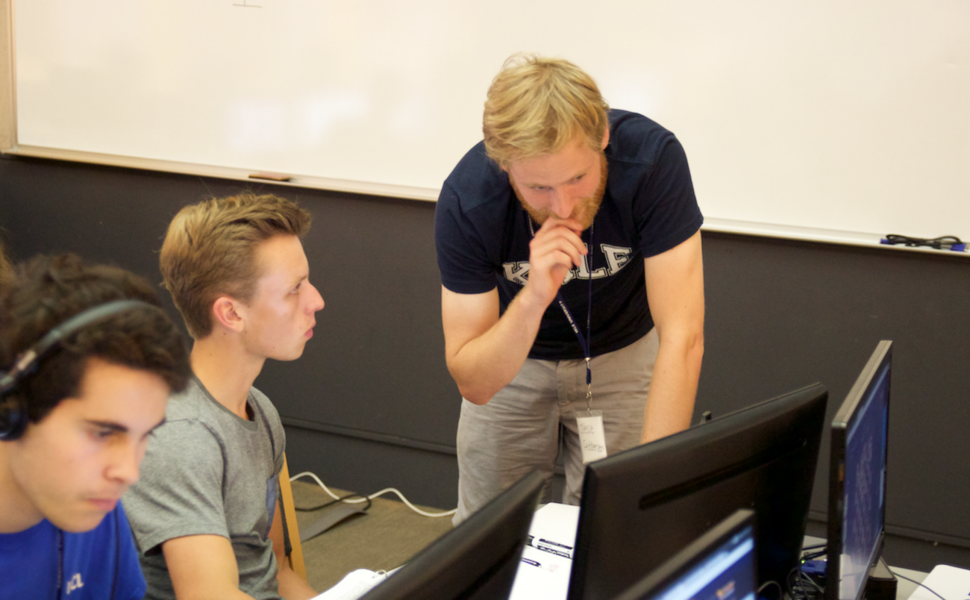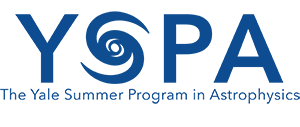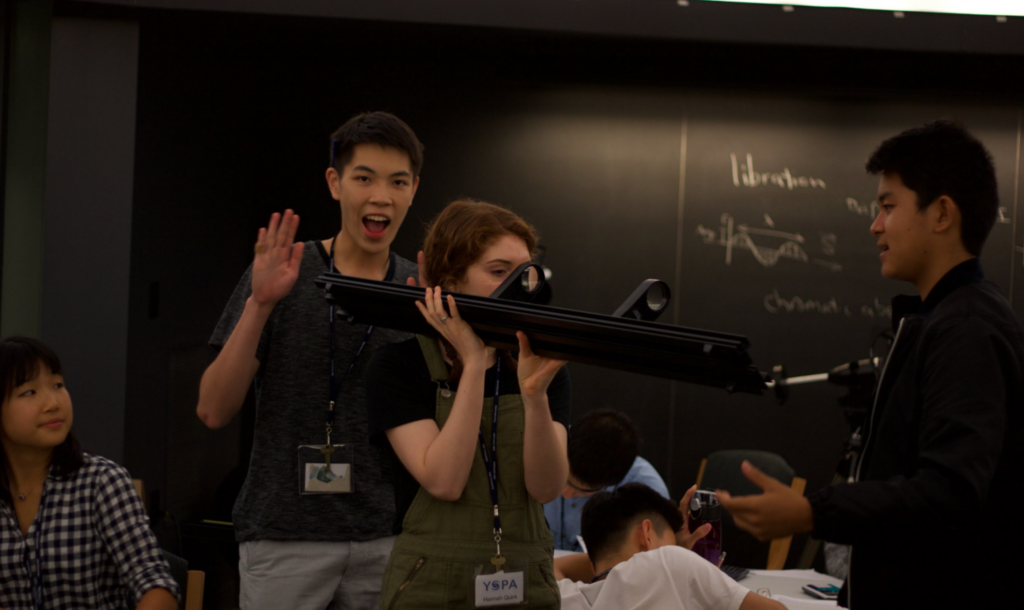
Students admitted to YSPA will begin their studies for the program two weeks before the residential program, when they will receive our project guide as well as several self-study exercises in programming and observational astronomy. YSPA faculty will be available to help students with their online studies, and several online discussion sections will be held during the period to help students learn what they need to know before coming to campus. Topics covered in the session include basics concepts in observational astronomy as well as learning the syntax of the python programming language. Participation in the online self-study program is required for program participants. Students do not need to be at home for this self-study period, but they will need internet access and several hours per day for studying and working on assignments.
Classes on campus start on the Monday after students arrive. YSPA classes meet in the mornings in the Leitner Digital Planetarium Theater for about two and a half hours for four or five days per week. These math, physics, and astronomy topics will be covered in the classroom:
- Observational Astronomy
- Telescope Optics
- CCD Imaging and Calibration
- Photometry
- Spectroscopy
- Stellar Astrophysics
- Stellar Evolution
- Differential Calculus
- Numerical Simulations
- Radiative Transfer Modeling
- Model Optimization
- Genetic Algorithms
- Machine Learning for Data Mining
- Statistics and Uncertainty in Measurements
- Scientific Writing
Telescope optics lab
In the afternoons, students will work in group tutorials with our faculty in the observatory computer lab to learn computer programming and data analysis techniques using software and python packages such as:
Each student will have her or his own workstation in a “pod” of computers with her or his research team collaborators. Students do not need any experience in computer programming before coming to YSPA (although it helps a lot, and python basics is one of topics we will cover in the pre-arrival, self-study curriculum).
A goal of this curriculum is to quickly give the students the skills needed to complete their research project, but also to encourage students to move away from thinking about the research project as a classroom exercise that they need to “get the right answer to,” but rather to approach their project in new and creative ways, just like professional scientists do.

Faculty and students collaborate to solve a problem in the computer lab

